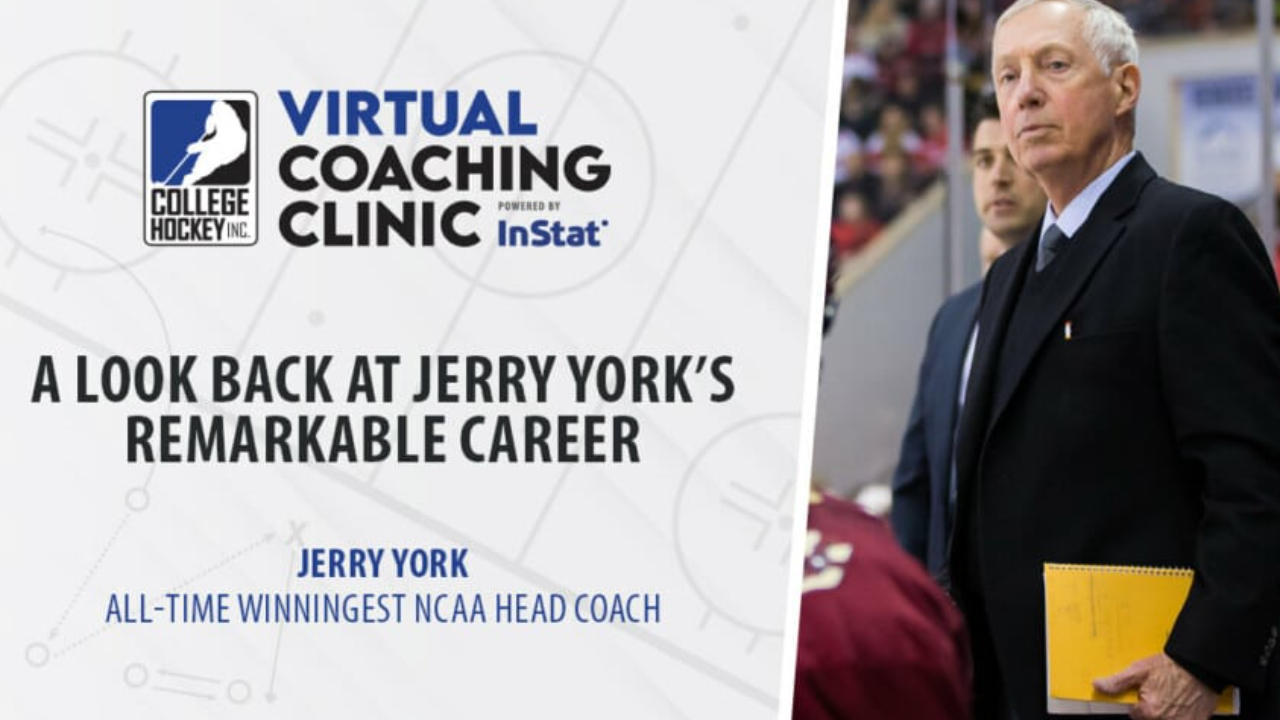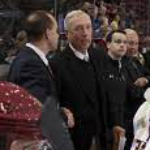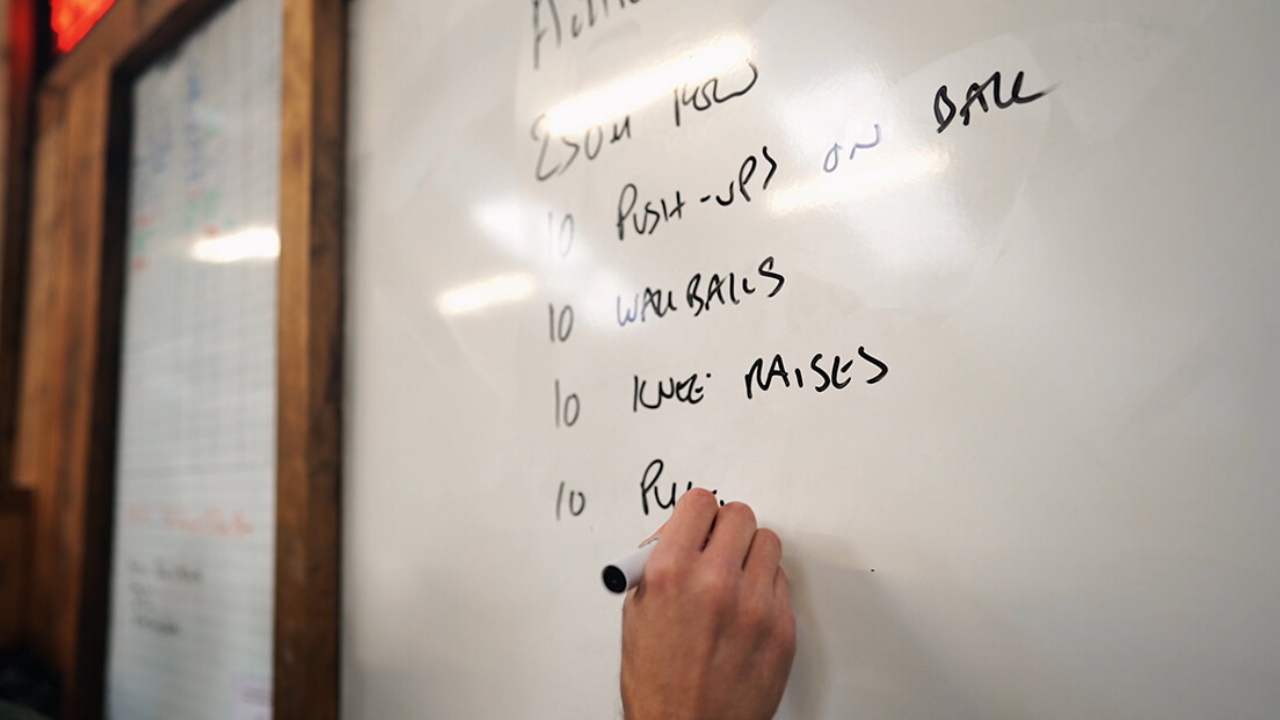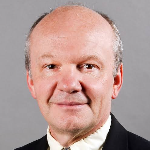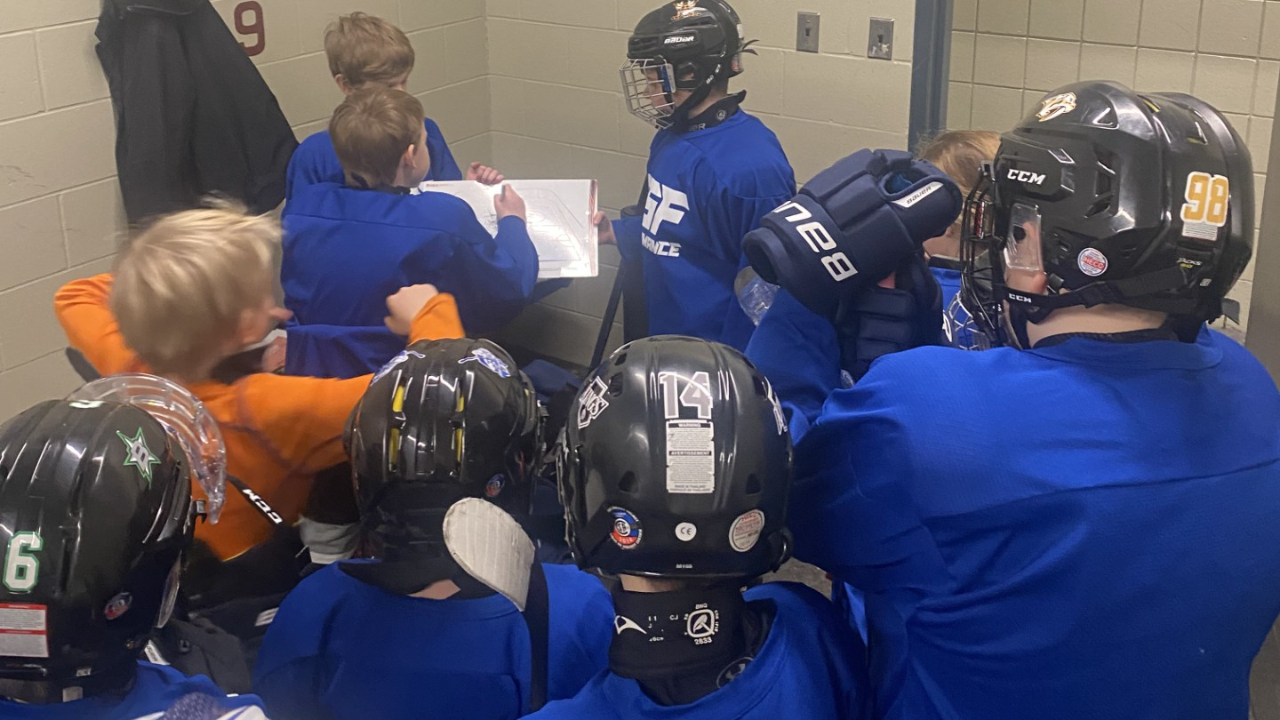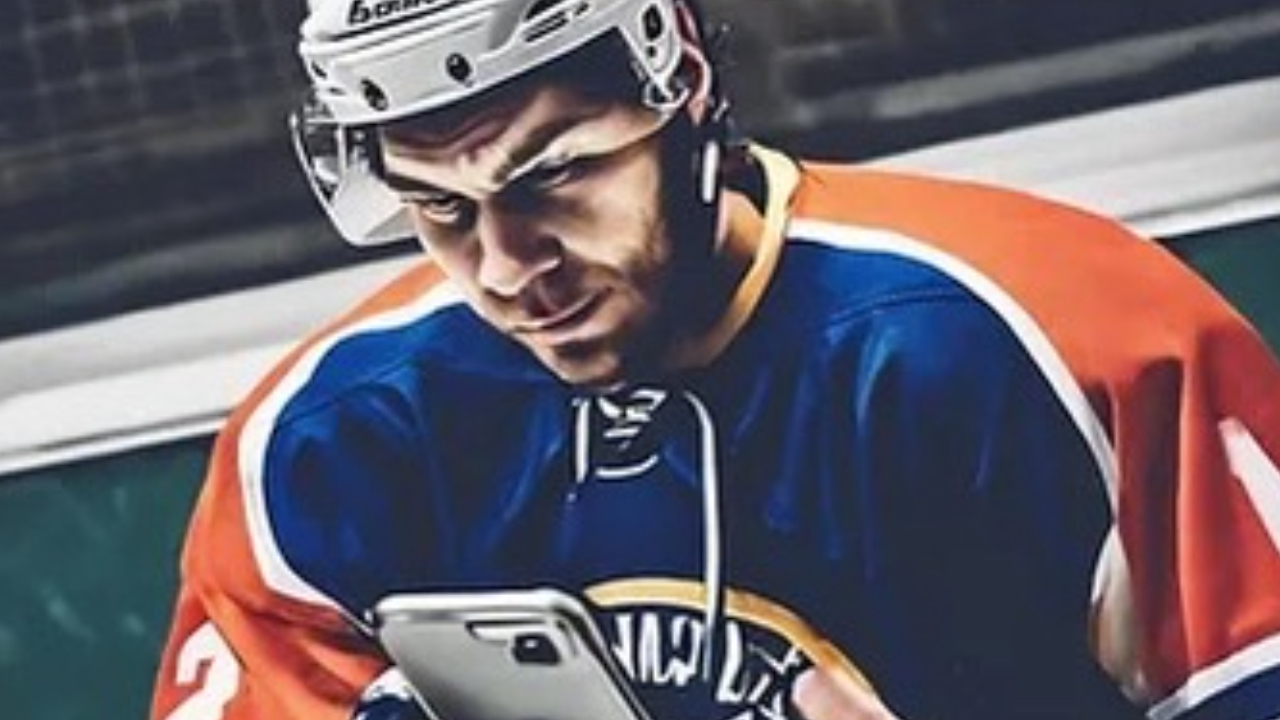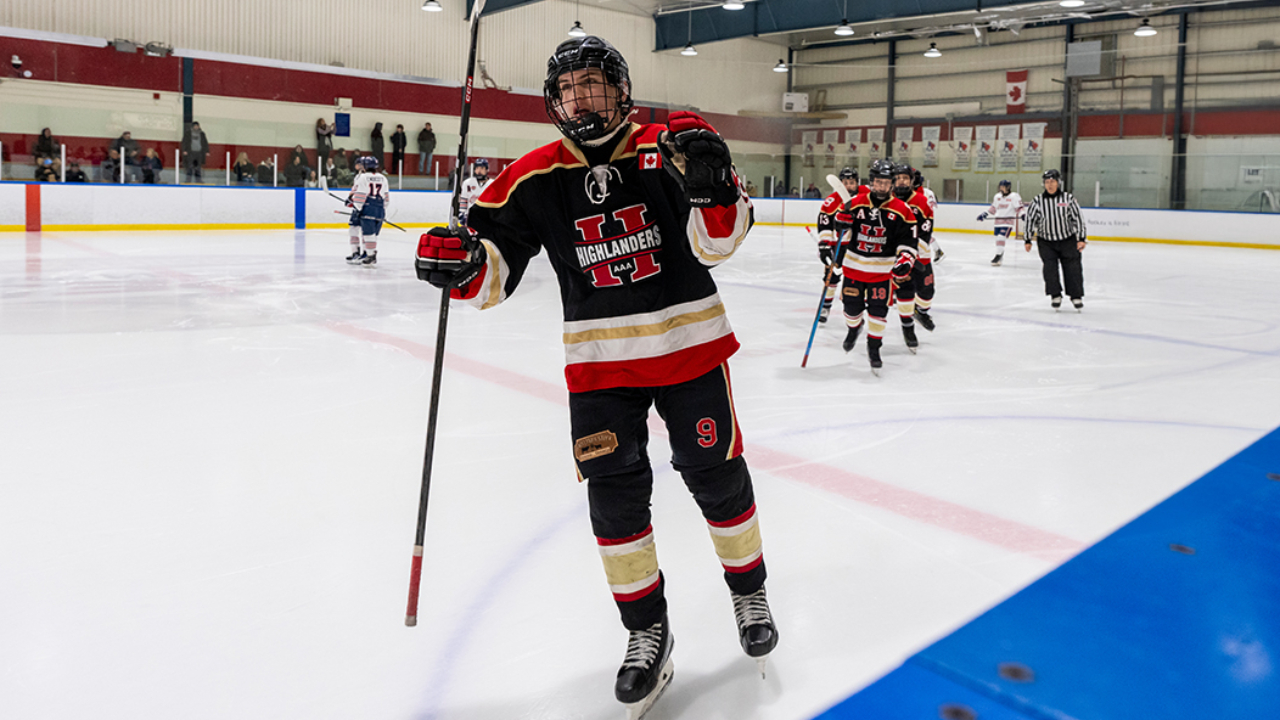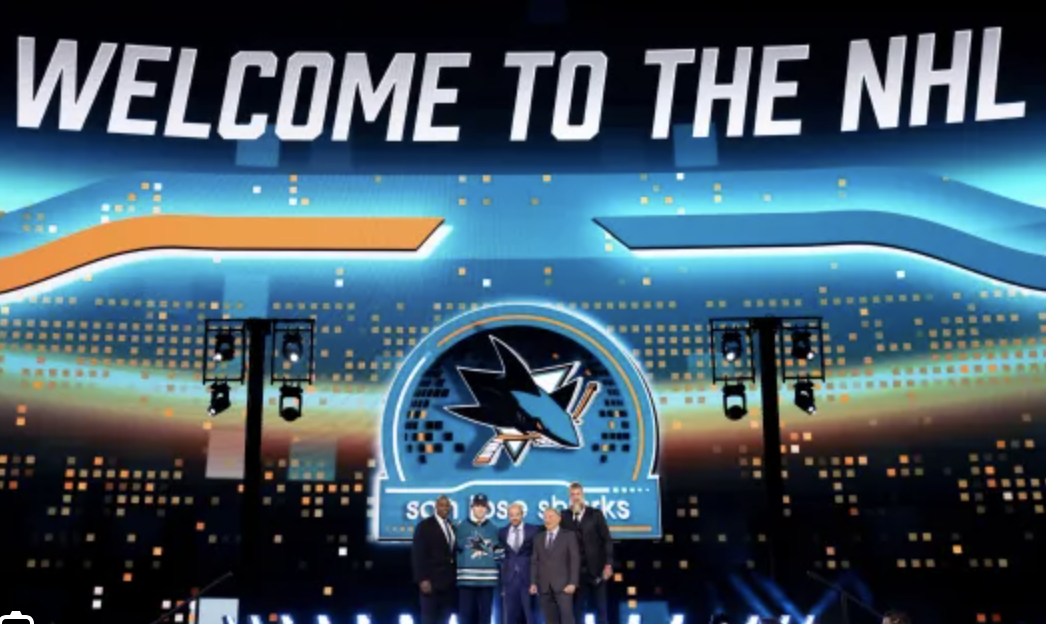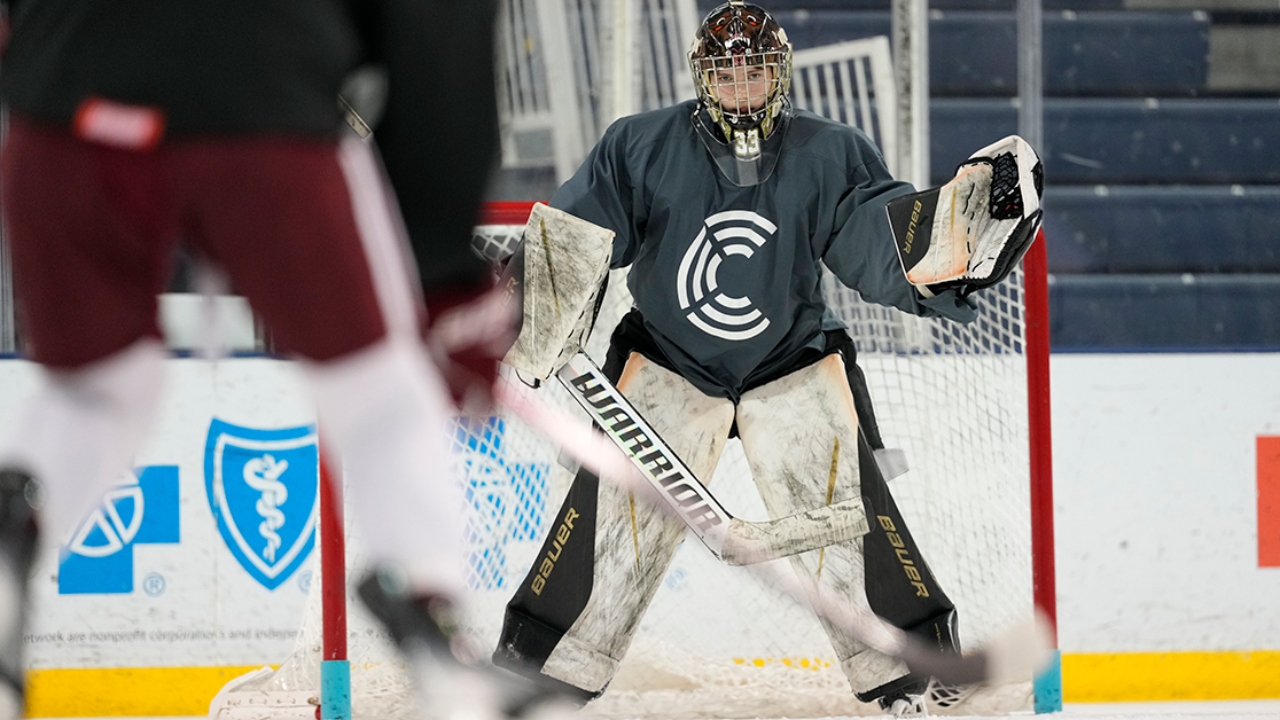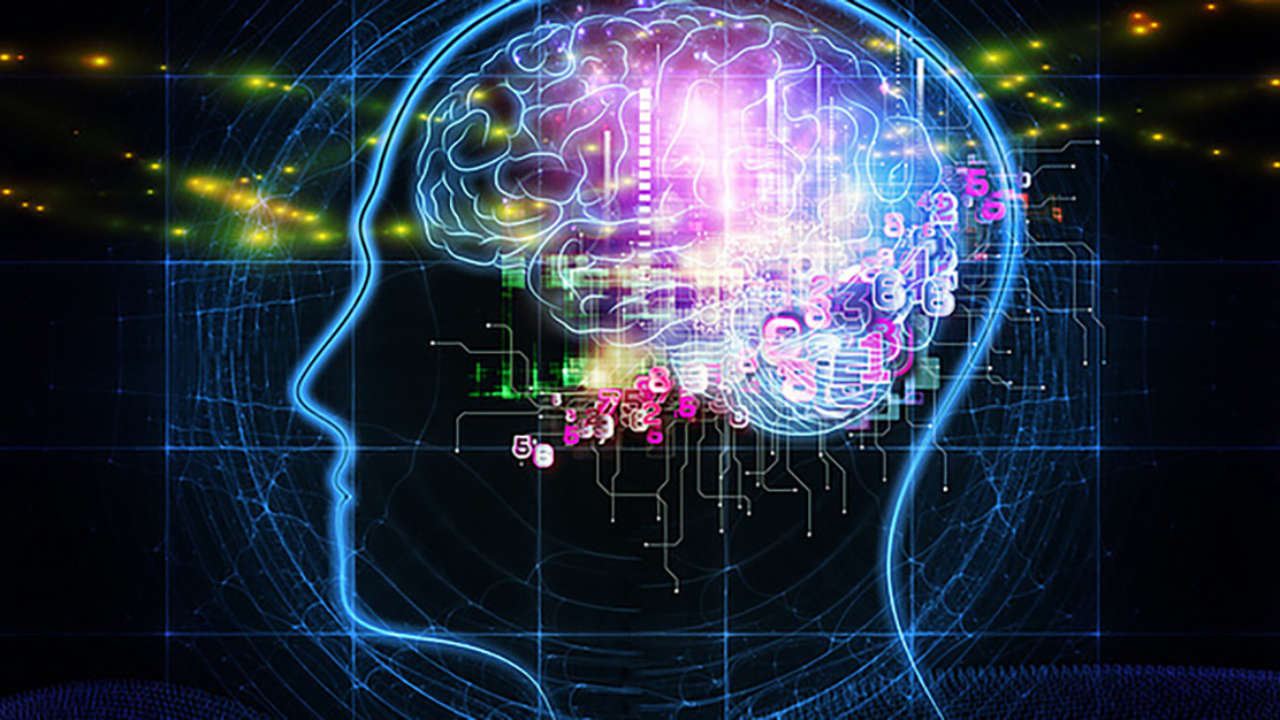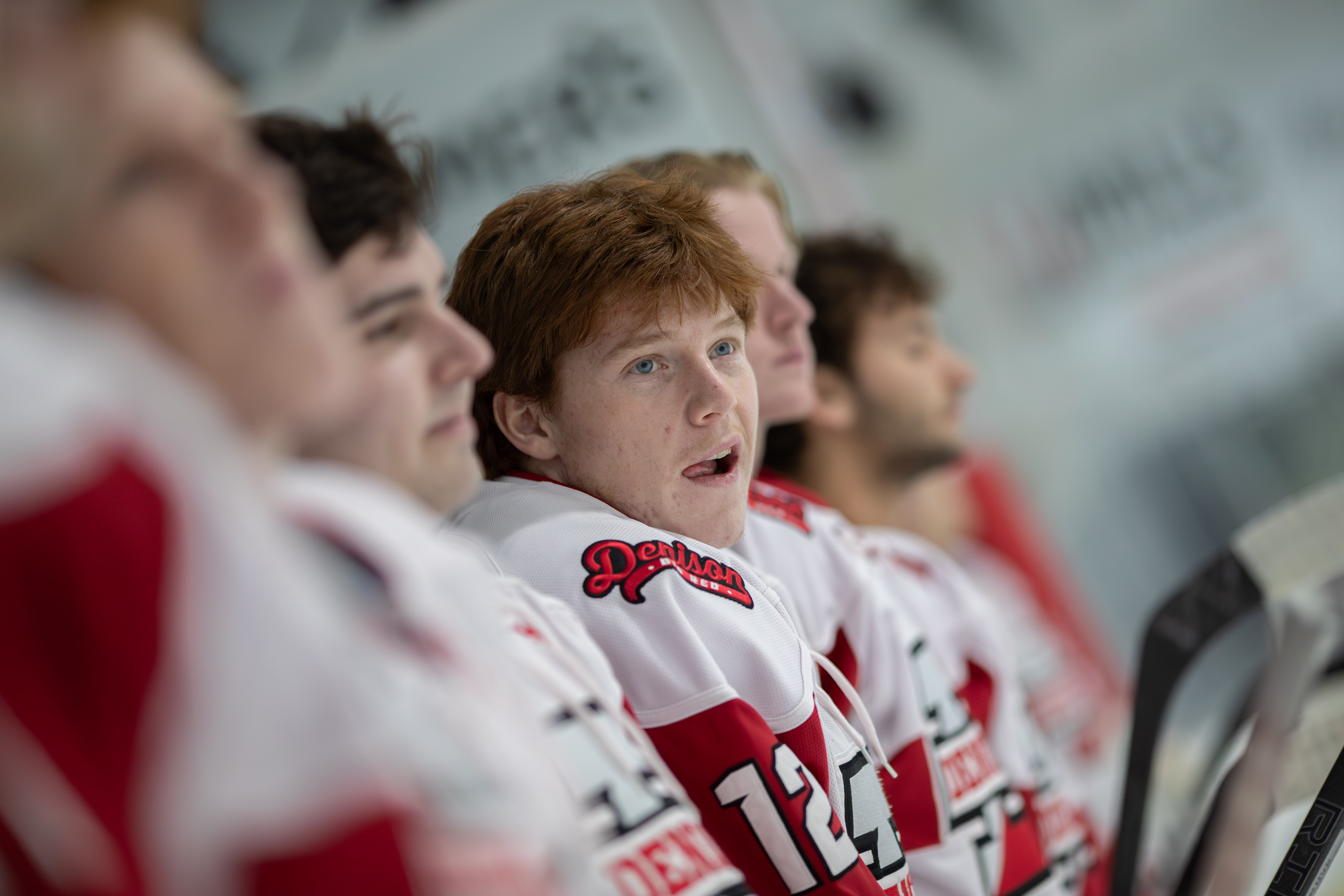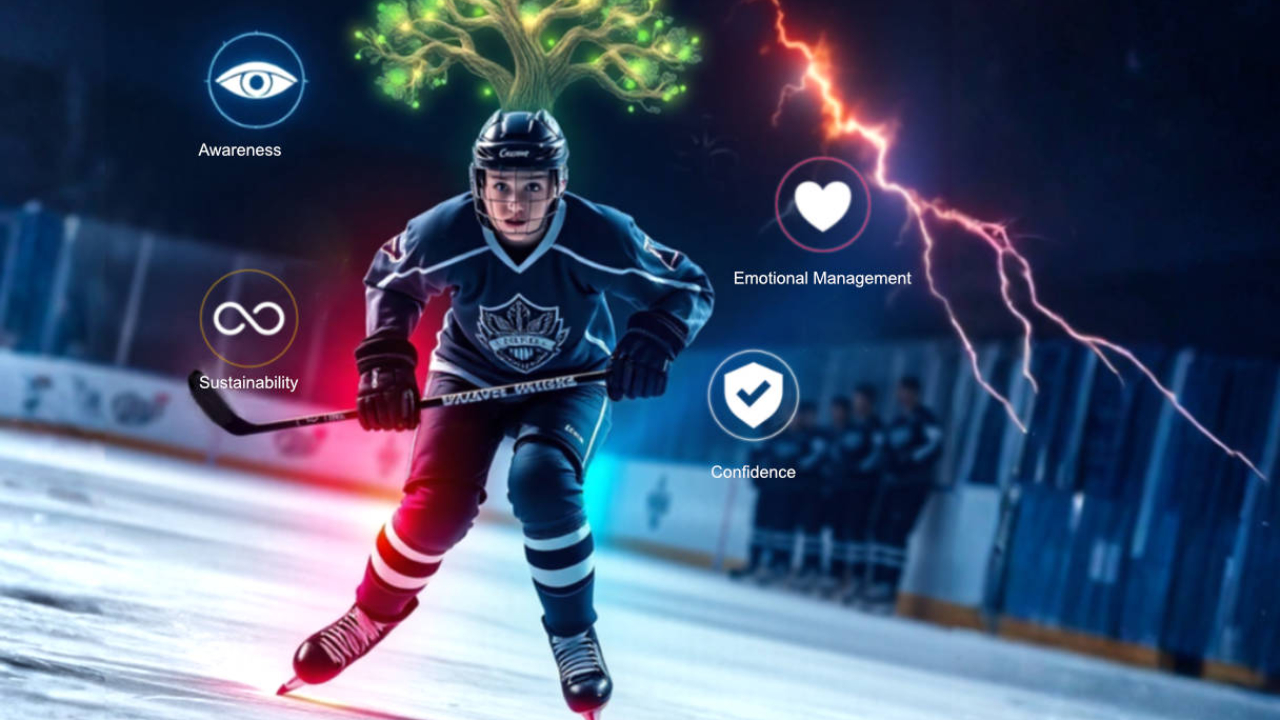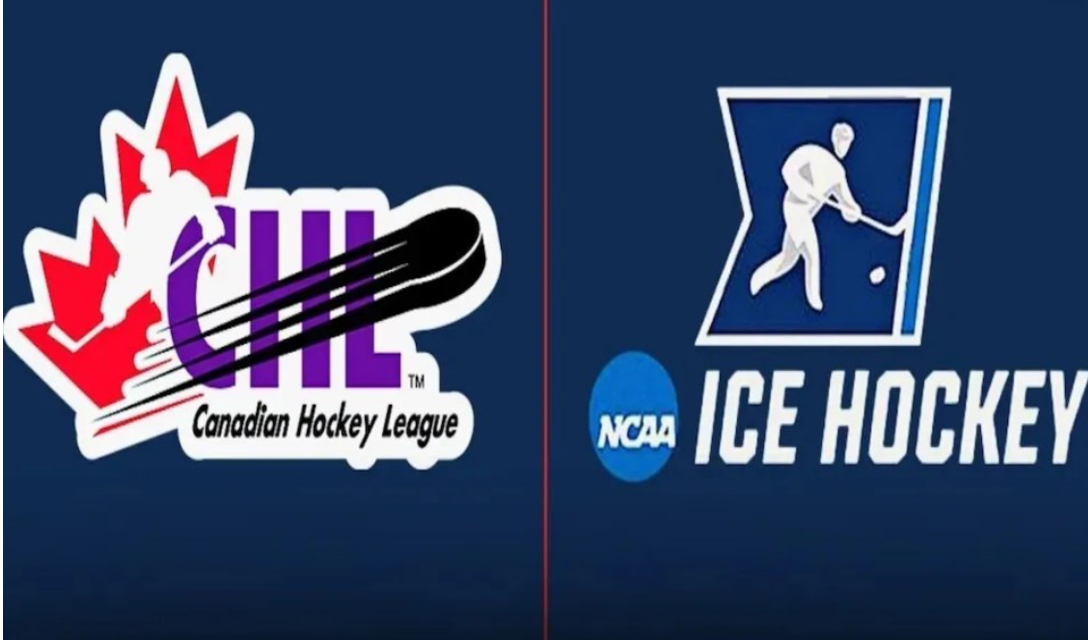
The hockey world is evolving, and so are the paths to success. One of the most significant recent changes is the NCAA now allowing players from the Canadian Hockey League (CHL)—including the OHL, WHL, and QMJHL—to compete in college hockey. For years, playing major junior hockey meant forgoing NCAA eligibility. That’s no longer the case.
This opens up new opportunities, but also new challenges—especially for 20-year-old CHL grads stepping into life as a freshman student-athlete. These players might be ready for NCAA-level competition on the ice, but off the ice, there’s a steep learning curve. The biggest hurdle? Time management.
Life in the CHL vs. Life in the NCAA
Let’s be honest: Most 19- and 20-year-olds in major junior aren’t juggling full class loads. Their schedules revolve around hockey—practice, games, travel, training. There may be part-time schooling or online classes, but nothing close to the academic demands of a full-time college student.
In the NCAA, that all changes. Players are expected to attend classes, complete assignments, study for exams, participate in team activities, and still perform at a high level on the ice. It’s a packed schedule. Without solid time management, things can spiral quickly.
The transition isn't just about balancing school and sport. It’s about learning how to structure days, prioritize tasks, and make time for rest, recovery, and social life—all in an environment that’s new and often overwhelming.
Where Mental Performance Coaching Comes In
This is where working with a mental performance coach can make a huge difference.
Mental performance coaches specialize in helping athletes develop skills beyond physical training. For CHL players transitioning into the NCAA, they can provide critical support in:
- Time Blocking: Learning how to plan each day hour-by-hour so nothing falls through the cracks.
- Goal Setting: Setting clear, realistic short- and long-term goals for academics, athletics, and personal growth.
- Focus Training: Managing distractions and staying locked in on what matters most.
- Stress Management: Handling the pressure of performing on the ice while maintaining academic standards.
- Accountability: Having someone in your corner to keep you on track and motivated.
These aren’t just “nice to have” skills—they’re essential. A mental performance coach acts as a guide through this adjustment period, helping players avoid burnout and stay aligned with their goals.
Building Habits That Last
The NCAA experience isn’t just about playing four years of hockey. It’s about building habits and systems that will serve these athletes well beyond the rink. Time management, goal setting, and mental resilience are skills that apply whether they go pro, finish their degree, or start a new career path.
A former CHL player who adapts well to the NCAA environment doesn’t just become a better hockey player—they become a more well-rounded, self-directed person. And that starts with structure.
Final Thought
The door between the CHL and NCAA is now open. But walking through it successfully takes more than talent—it takes preparation. For CHL grads stepping into the demanding life of a student-athlete, time management isn’t just a skill. It’s the key to survival and success.
Working with a mental performance coach gives these players the tools to not just manage the transition, but to thrive in it.
If you're looking to help to prepare for this transition please reach out to me, Coach Rob at www.mindsetbodybank.com or DM me @mindsetbodybank

